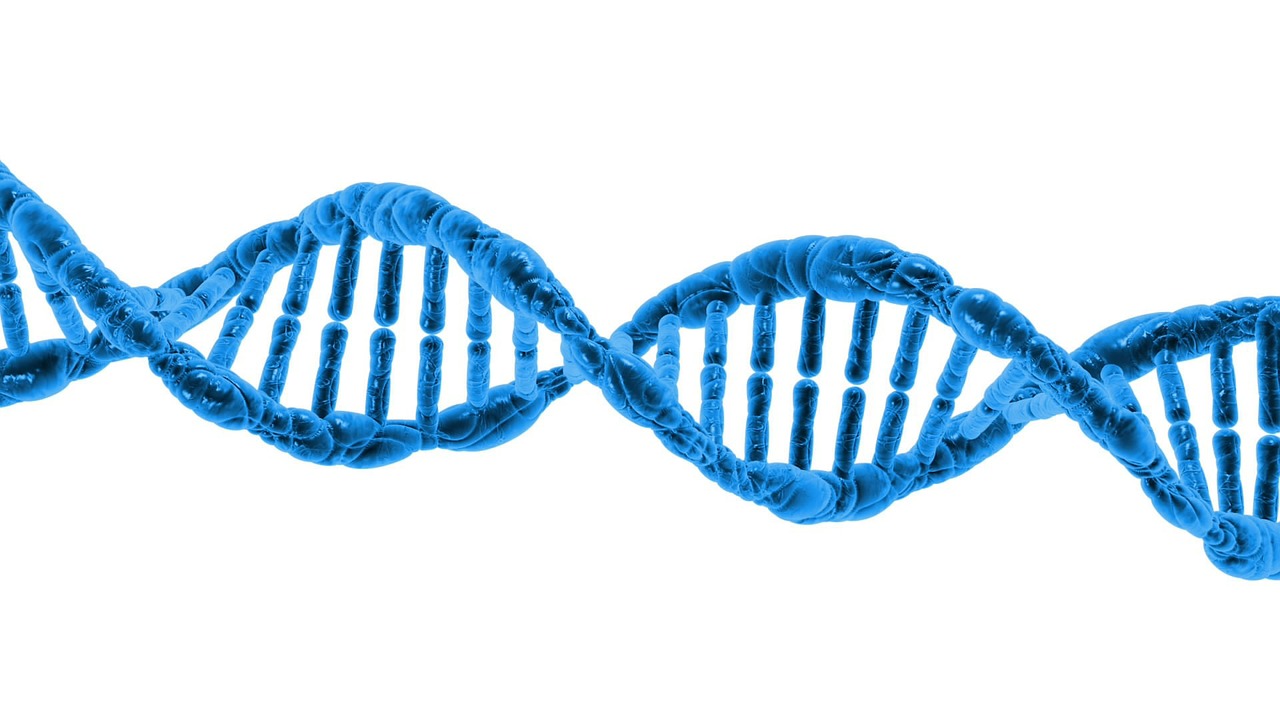Synthetic DNA is very durable, meaning it can encode large portions of Big Data and it can store it for a really long time. Microsoft is already researching methods to pioneer this technology.
DNA is found in all cells, in all the things alive, and it can store genetic data that relates to life. Discovered in 1869 by Friedrich Miescher, DNA was deciphered only recently and a lot of research was made to delve into the complexity of it.
It can have many possible applications
Seeing it as a large database store, the researchers only thought that the next step is seeing DNA from a computer point of view, exclusively for storage capacity and the structure of data that it can contain. The science that gathers these pieces of information and research is called bioinformatics and it bases its actions on the data and organization, and also on the storage processes that make this information available to all the living cells.
So the applications of this synthetic copy can be huge and numerous. We are speaking about databases, cloud and also search engines, because of its connections and interconnections and the ability to store a large amount of data.
Teams of researchers from Microsoft are interested in DNA’s capacity for storing data, and in 2016, a big announcement was made for the public. They were able to transfer 200MB of data in DNA, including a video.
Storage (practically) infinite
In the “Did You Know” category, you will find out right now that research got to the point that it can say that a quintillion of bytes can be stored in only a cubic millimeter of DNA. This number is beyond human knowledge!
We can forget the binary
Being related to biogenetics, its complexity defies the all known methods of encoding, so the data must be converted into a special “format”, specific only to DNA code, the already famous A, G, C and T. Because this process takes a long time and it’s really expensive, the present times can be called a drag on time, but hope is in the technological advancements.
The encoding of DNA will have to be accelerated and automated. In the present, it can achieve a speed of about 400 bytes per second, but it can be viable only for more than 100 megabytes per second to count as a breakthrough.
It’s a very durable storage material
Various experts in this area say that DNA is a soft medium for storing Big Data, but it has been discovered that, in fact, can last longer, almost 1000 times longer, making it a perfect medium. It is so that it can be read even on living beings that are older than thousands of years! It’s really something we cannot say about the present’s magnetic media storages we have around.
Only time can tell if we’ll be able to store encoded files on nucleic bases, but only the era of quantum computing will help us understand better this process of developing.
Do you want to know more about Big Data and how it can impact your business? Give us a message.




